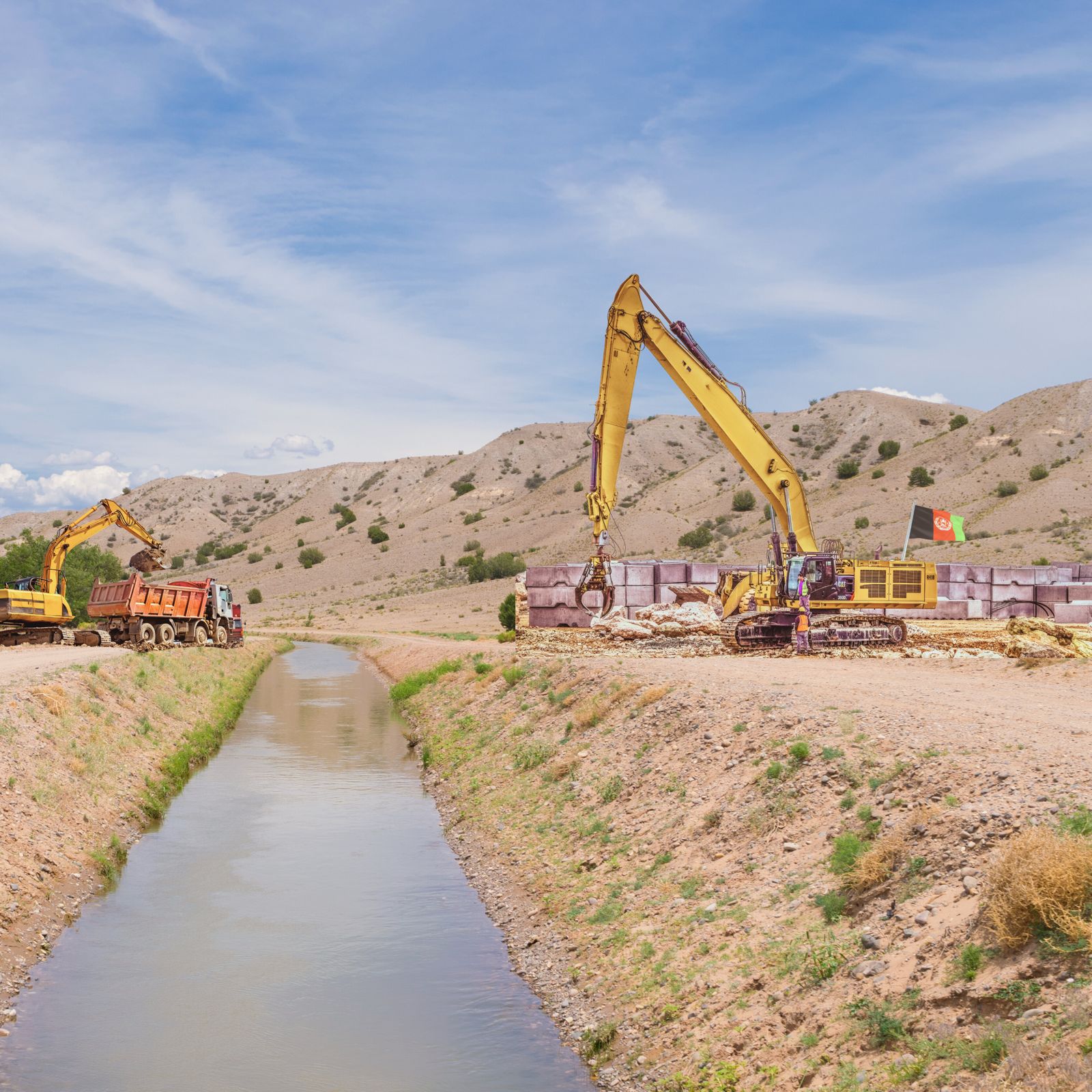-
Combating Institutionalized Discrimination and Gender-Based Violence in Pakistan
Despite Pakistan’s efforts to eliminate gender-based violence (GBV), violence against women has continued to fester within the country and has claimed an estimated 5,000 lives annually. An overview of the cultural, social and institutional barriers that women must navigate affirms the need for necessary reforms in the social, economic, and judicial sectors capable of creating a sociocultural environment that is conducive to women’s safety and autonomy.
-
Impacts of Climate Change on Disadvantaged Communities: The Case of Lincoln Creek and Northern Portions of the 30th Street Corridor in Milwaukee
Low-income and minority communities are the most socially vulnerable to climate change. This study uses a systems thinking lens to focus on the impacts of recurring urban inland flooding in Milwaukee – specifically the disproportionate impacts on individuals with lesser adaptive capacity than other communities.
-
A Test of the Great Lakes Compact: Environmental Justice and the Waukesha Diversion Return Flow Plan
After an eight-year battle, Waukesha received approval for their request to divert Great Lakes water to its municipality. However, Waukesha’s gain is not without negative impacts to other communities. This case study focuses on the environmental justice impacts of the Waukesha Diversion Return Flow and recommends steps for the involved municipalities to take.
Latest




